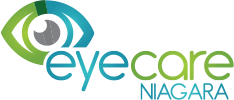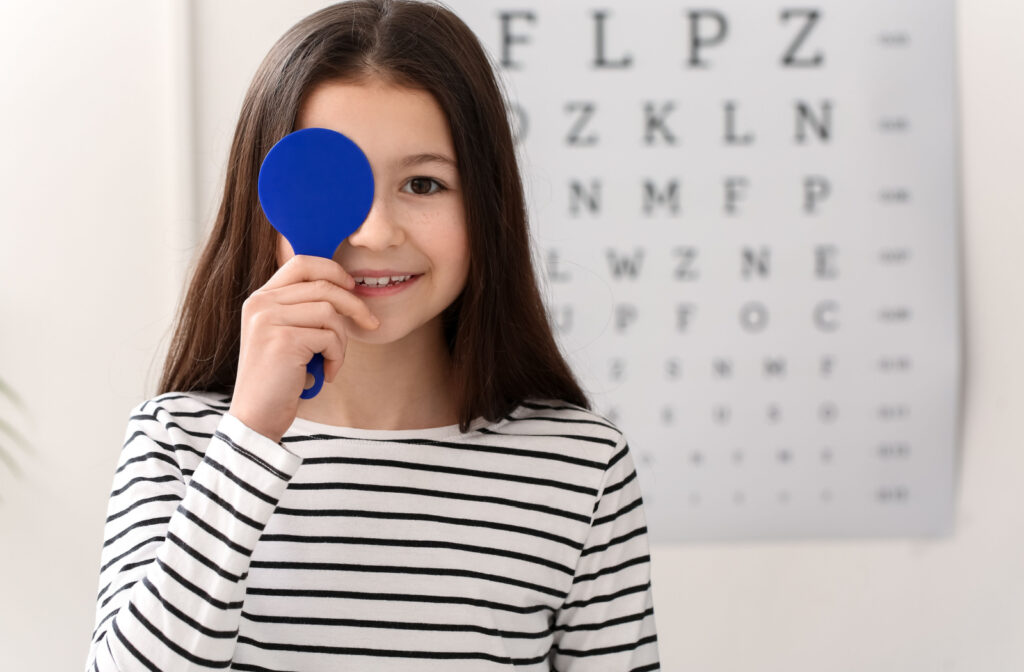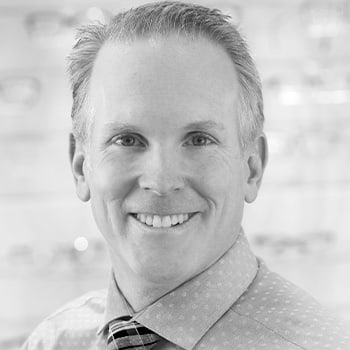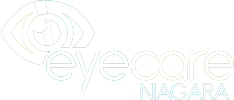Visiting the eye doctor for the first time can seem intimidating, but it’s an essential step in maintaining your overall health and well-being. We can look for early signs of eye disease and help your kids pick out their first pair of glasses if needed.
The length of an exam depends on the sort of tests required, but it usually takes around 30–60 minutes. With such a small time commitment every year or so, it’s incredible how much an eye exam can do for your family’s vision health.
Types of Eye Exams
The type of exam needed could be the biggest factor in determining how long the eye exam will take. For routine eye exams, which check your vision acuity, the exam may take 20–30 minutes. However, this time may increase if you need a more comprehensive exam.
For example, if you need a contact lens exam, a diabetic eye exam, or an exam to diagnose or monitor an eye condition, expect the exam to take longer. You may also need to undergo additional testing or imaging, which will add to the overall duration of your appointment.
How Often Do I Need an Eye Exam?
Our eyes are trusty companions on life’s journey, but they go through some changes as we age. That’s why how often you need an eye exam can change as you age. Generally, you and your family can follow this schedule:
- Infants: First exam between 6–9 months
- 2–5 years: At least 1 exam before starting school
- 6–18 years: 1 exam annually
- 19–64 years: 1 exam at least every 2 years
- 65+ years: 1 exam annually
While this schedule is a handy guide, it’s not set in stone. A comprehensive eye exam does more than check if you can read tiny letters on the chart. Your optometrist is also looking for any signs of eye diseases like glaucoma or age-related macular degeneration.
So if you’re at high risk for these conditions, or have something like diabetes that can affect your eye health, you should see your optometrist more frequently. Listen to your eye doctor’s recommendations—we’re here to help.
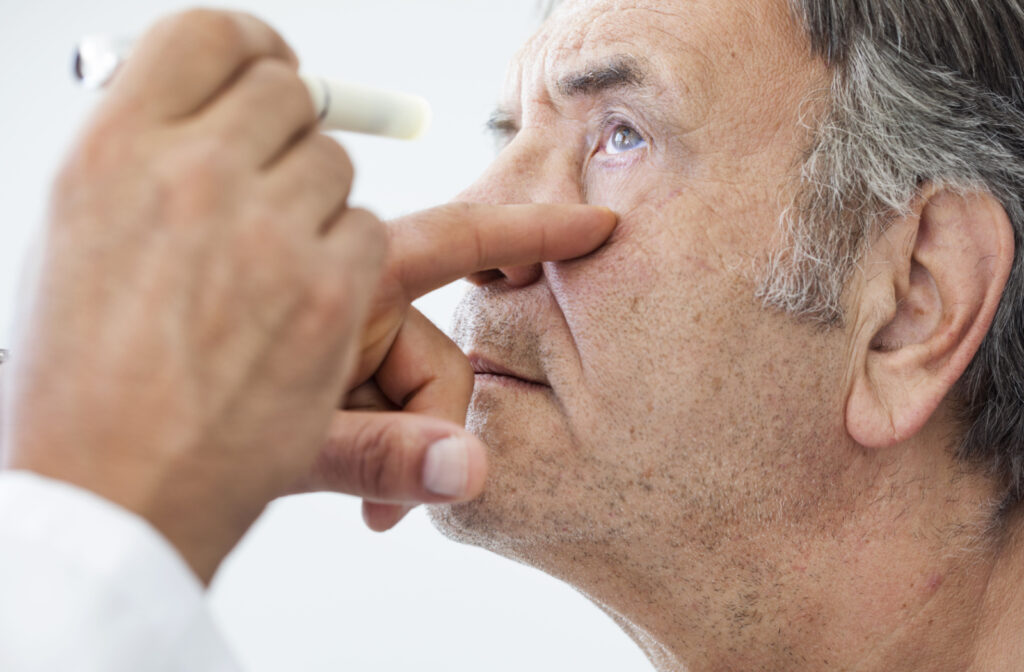
What to Expect During an Eye Exam
Our eyes are like finely tuned instruments, incredibly intricate and precise. But, just like any sophisticated machinery, they can be influenced by various factors. During an eye exam, your optometrist will perform a variety of tests to check in on your vision and spot potential changes in your eye health.
Once your optometrist reviews your medical history, they can determine which tests you may require. Some of the tests performed during a comprehensive eye exam include:
Visual Acuity Test
A visual acuity test measures how clearly you can see and is the pillar of a comprehensive eye exam. This is typically done using a chart with letters or symbols, though sometimes your doctor will use a screen.
If your optometrist suspects you have a refractive error, such as myopia or astigmatism, they may move on to a refraction test. This works much like the visual acuity test, with you reading letters or symbols off a chart. However, you’ll look through a mask-like device called a phoropter this time. Your optometrist will flip through different lenses, asking which lets you see better. This allows them to determine the precise prescription needed to correct your vision.
Retina Exam
Your optometrist can learn a lot about your overall health by looking at your retina, the layer of cells at the back of the eye. For example, conditions such as diabetes can affect the tiny blood vessels in your eye.
During a retina exam, your optometrist can use special cameras to take pictures of your retina, allowing them to examine it for potential issues.
Tonometry
Glaucoma can sneak up on you without any warning signs and is 1 of the leading causes of blindness in Canada. There are a few types of glaucoma, but the most common type is characterized by an increase in intraocular pressure (IOP). This increasing pressure damages the optic nerve, and you may only notice the signs once the damage is done. Fortunately, your optometrist has some nifty tricks up their sleeve to keep an eye on things.
One of these instruments is the tonometer. It uses a puff of air or a gentle plunger to test your IOP. Since not all types of glaucoma involve eye pressure, a peripheral vision vest can also be vital in detecting glaucoma.
General Eye Health
Your eye is a complex structure, so an optometrist uses specialized technology to get a clear view of its overall condition. For example, a slit lamp, equipped with a bright light and microscope, allows us to examine your cornea, iris, retina, and optic nerve. We can also investigate your tear film to help address dry eyes.
What Happens During a Children’s Eye Exam?
Children’s eyes are constantly changing. The types of tests they require reflect this. Vision problems could lead to problems in school, so children’s eye exams focus on measuring these essential vision skills.
During a children’s eye exam, their optometrist may examine and check for:
- Myopia (nearsightedness)
- Hyperopia (farsightedness)
- Colour vision
- Hand-eye coordination
- Binocular vision
- Focusing
Taking the Time for Eye Health
The length of an eye exam depends on your needs, medical history, and the type of exam. An eye exam is an essential aspect of maintaining not only your vision but your overall health. It’s worth taking the time to support your eyes and help keep them in good condition.You don’t need us to tell you your family’s eye health is important. At EyeCare Niagara, we’re proud to offer our community comprehensive eye exams and high-quality vision care. Take the time to prioritize healthy vision and book your family’s eye exams today!
